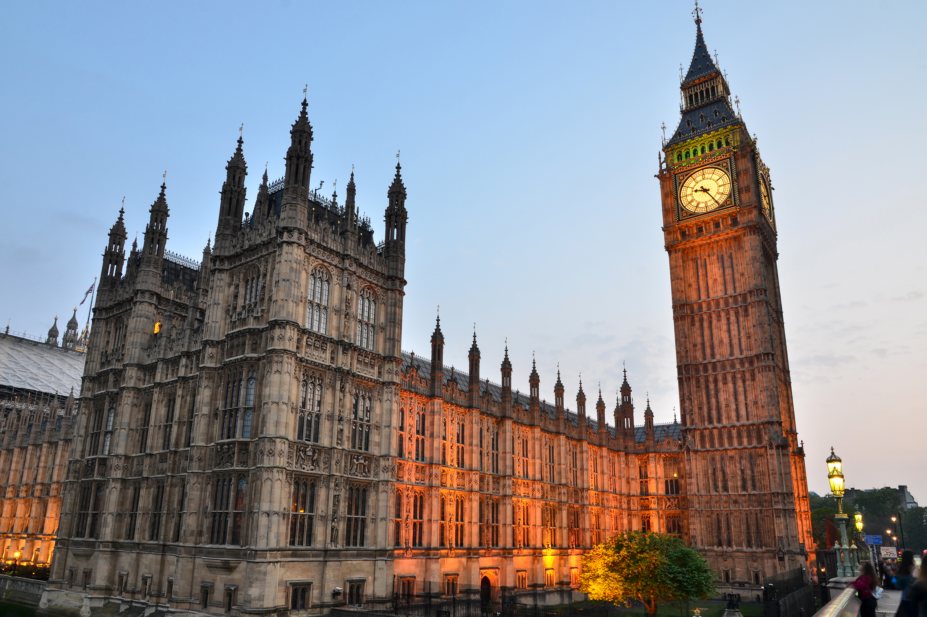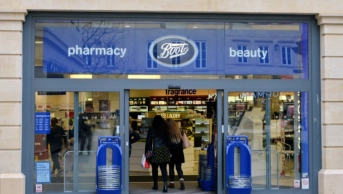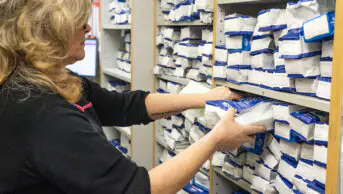
Shutterstock.com
The Pharmaceutical Services Negotiating Committee (PSNC) has warned against the government’s suggestion that a centralised system is the “desired future approach” to procuring specials.
The suggestion was revealed as one of five possible “solutions” to issues facing specials procurement, outlined in a consultation document that was sent to pharmacy stakeholders by the All-Party Parliamentary Group (APPG) on Access to Medicines and Medical Devices.
The document, seen by The Pharmaceutical Journal, states that specials have been subject to “price-inflation” and “overly high prices” over the past decade, adding that a centralised system could allow the NHS to “negotiate and obtain cheaper prices than an individual pharmacy”.
But in its response to the consultation, the PSNC refuted the APPG’s use of pricing figures and warned a central system could risk “driving down quality if the cheapest special is sought”.
Currently, community pharmacists are responsible for procuring their own specials from the source of their choice.
However, the consultation document revealed that the government is interested in moving towards a central procurement system for specials.
“Previous dialogue in July 2018 between representatives of the APPG and the then health minister in charge of specials, Lord O’Shaughnessy, revealed that centrally procuring specials was the government’s desired future approach,” the document said.
It explained that under this system, community pharmacies “would contact a centralised service that would procure specials on their behalf”.
“The benefit of this system is that a centralised buyer has the advantage of a greater purchasing power so can negotiate and obtain cheaper prices than an individual pharmacy,” it said.
But in its consultation response the PSNC warned that, while a centralised system “may generate some purchasing efficiencies”, national distribution “could present logistical (and associated financial) challenges for production units linked to the central or regional procurement centres”.
“There may be unforeseen issues faced by pharmacies when ordering certain specials products,” it said, adding: “There is a risk of reducing choice and driving down quality if the cheapest special is sought.”
The PSNC’s response also noted that more recent data than the APPG’s 2008/2009 figures on the cost of specials were needed “to provide an informed response” to suggestions of price inflation.
“Since 2010, overall spend on specials has been steadily decreasing — nearly halved — from £136m per year in 2010 to £74m in 2017,” the PSNC said, adding that between 2011 and the first quarter of 2018, “the average cost for specials listed in the Drug Tariff decreased by 58%”.
Other solutions listed in the consultation document include strict price control, mirroring the system in Scotland, whereby pharmacists are required to obtain “a certain amount of quotes, including an NHS one, when purchasing non-tariff specials and for the cheapest to be used”.
“The APPG believes that the English procurement system would be significantly improved if it followed these processes,” the consultation document added.
The Department of Health and Social Care was approached for comment.


